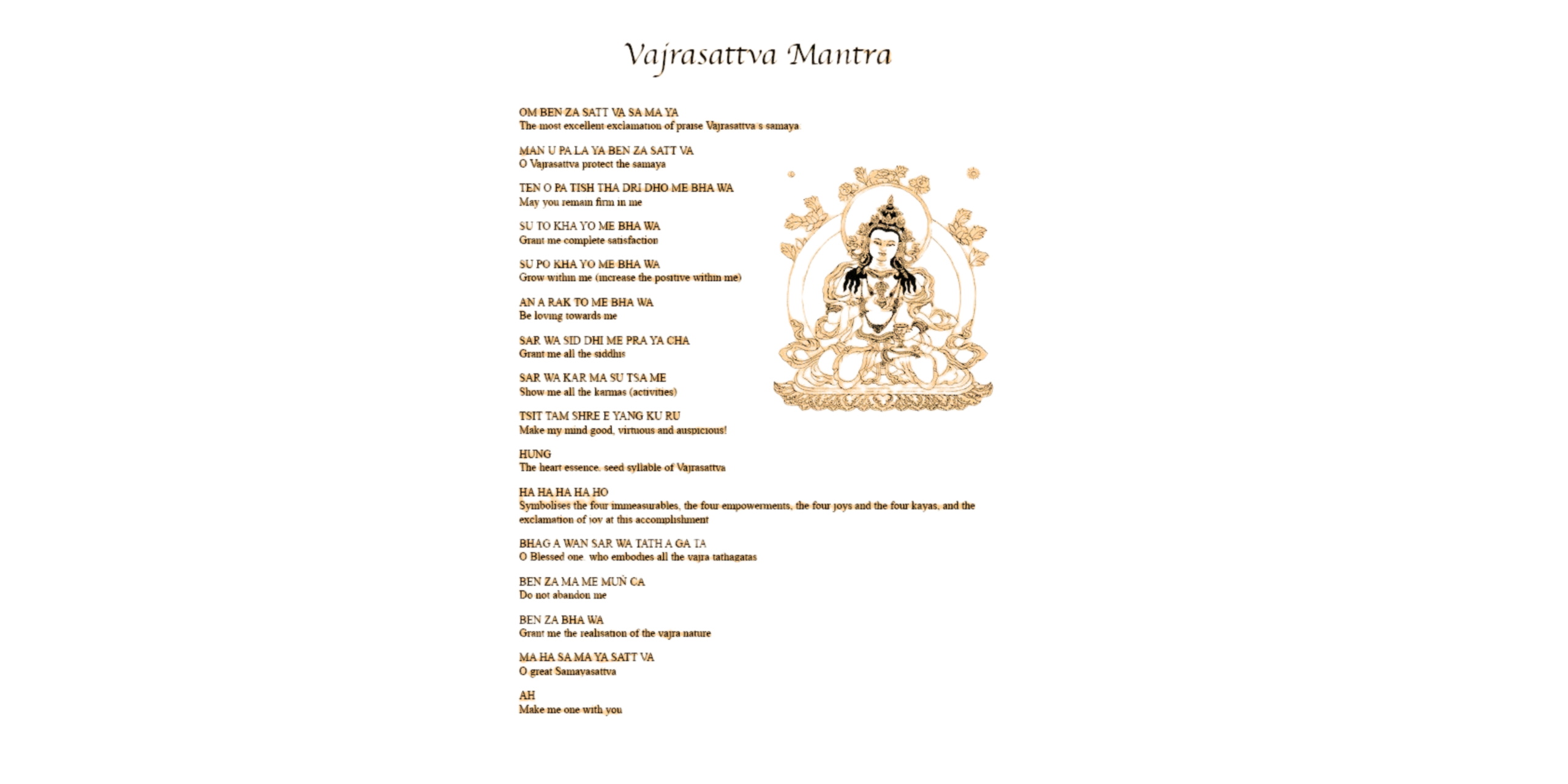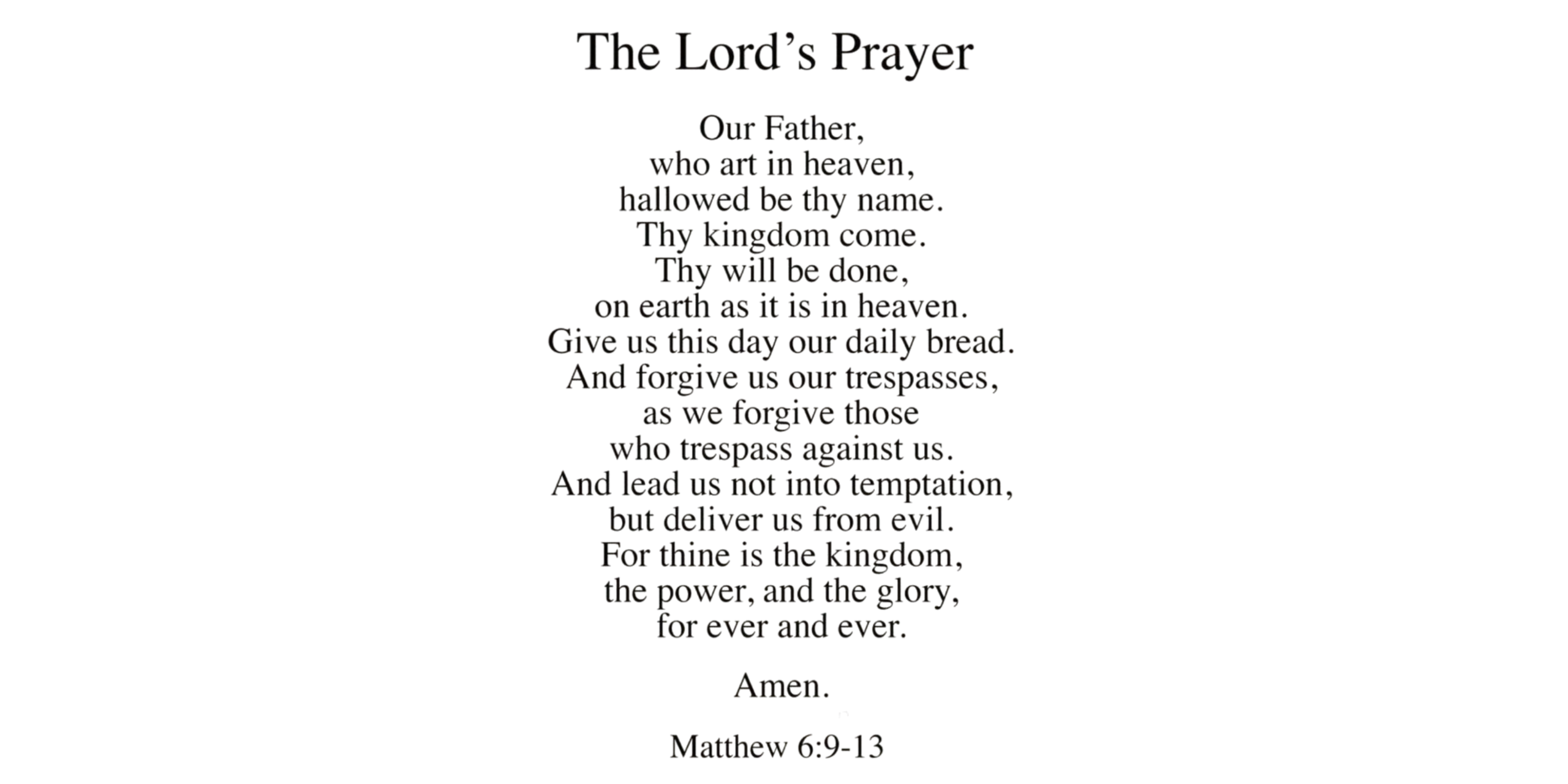Many people search for peace and meaning beyond material success. Spiritual books have quietly stood the test of time, offering wisdom that goes deeper than everyday concerns. But why should we study them? What makes turning a few pages of spiritual writings different from browsing a motivational article or a self-help guide? Let’s explore.
A Doorway to Inner Understanding
At the heart of every spiritual book lies an invitation: to turn inward. Unlike most reading material that fills the mind with external information, spiritual texts guide us to notice what is already present within. They ask us to slow down, reflect, and observe our own thoughts and feelings.
Take, for example, the Bhagavad Gita, the Bible, or the Dhammapada. These are not just historical or religious writings; they are reflections on human struggles, doubts, and the timeless search for meaning. When we read such texts with openness, they act as mirrors, helping us understand ourselves better.
Wisdom That Doesn’t Expire
One unique quality of spiritual books is that their relevance never fades. A modern self-help book may lose appeal in a decade when trends change. Spiritual writings, however, have been guiding people for thousands of years. Their insights remain useful because they touch upon universal questions:
- Who am I?
- What is the purpose of life?
- How do I deal with suffering?
- Where can true happiness be found?
These are not questions that belong to a specific culture or era. They belong to every human being, which is why the answers offered in spiritual books feel timeless.
Calming the Restless Mind
Reading spiritual texts is more than an intellectual activity; it’s also a practice of calming the mind. Many people today feel restless, anxious, or caught in endless cycles of worry. A few minutes spent with a spiritual book can create a pause, a sense of stillness.
Often, it is not even about understanding every line. Sometimes a single phrase resonates deeply, offering comfort when we need it most. For instance, lines like “Be still and know” or “This too shall pass” have helped countless people through difficulties. The rhythm of spiritual language itself carries a healing quality.
Expanding Perspective
We all live within our personal experiences and cultural conditioning. Spiritual books broaden that frame. They remind us that life is larger than our daily struggles, larger than success or failure, praise or criticism. They encourage us to see ourselves as part of something greater—whether we call it nature, the universe, or the divine.
This shift in perspective is powerful. Problems that once seemed overwhelming appear more manageable when placed in a larger context. Reading about saints, sages, or seekers of the past also inspires us to walk our own path with courage and faith.
Guiding Daily Living
Many people assume spiritual books are only about lofty ideas. In truth, they are deeply practical. Most spiritual texts include simple yet profound guidance on how to live daily life—how to treat others, how to cultivate patience, and how to develop compassion.
For example:
- The Bhagavad Gita speaks about performing one’s duty without attachment to results.
- The Bible emphasises love, forgiveness, and humility.
- The teachings of the Buddha highlight mindfulness and the importance of right action.
These lessons, though ancient, are highly relevant today. They help us make better choices in relationships, work, and personal growth.
Deepening Connection
Another reason to study spiritual books is the sense of connection they foster. When reading, many people feel linked to an ancient chain of seekers who walked before them. The realisation that humans across centuries shared similar struggles—fear, desire, loss, joy—creates comfort. It reassures us that we are not alone in our journey.
At the same time, these books encourage us to connect with others in more compassionate ways. They remind us that beyond labels and identities, we share a common humanity.
Awakening Curiosity
Contrary to the idea that spiritual books give all the answers, they often spark more questions. They encourage curiosity, inviting us to explore deeper layers of life. This questioning is healthy. It keeps the mind alive and open, preventing us from getting stuck in rigid beliefs.
In this sense, studying spiritual books is not about blind acceptance. It is about inquiry. They provide a framework for reflection and encourage each reader to discover truth for themselves.
Building Inner Strength
Life inevitably brings challenges – loss, illness, uncertainty. In such times, spiritual books act as steady companions. Their teachings remind us that strength does not only come from external circumstances but also from within. A passage read during a difficult time can provide courage to move forward.
By studying these texts regularly, we prepare ourselves before challenges arrive. We cultivate resilience, faith, and the ability to stand firm when life feels unstable.
How to Approach Spiritual Books
The way we read spiritual books matters as much as the books themselves. Unlike novels or newspapers, they are not meant to be rushed through. Here are a few gentle suggestions:
- Read slowly. Even a few lines can be enough for reflection.
- Create a quiet space. Reading in silence helps the words sink deeper.
- Reflect after reading. Ask yourself how the passage relates to your own life.
- Return often. Each reading may reveal something new, depending on your state of mind.
The key is not to treat them as just information but as companions on a journey.
A Personal Journey
Finally, it is important to remember that reading spiritual books is a deeply personal experience. What touches one person may not touch another in the same way. Some may find comfort in devotional writings, while others may be drawn to philosophical texts. There is no single right path.
The beauty lies in exploring, discovering what resonates, and allowing the words to shape us naturally over time. Spiritual books are not about instant transformation. They are about gentle growth, steady insights, and lifelong companionship.
Closing Thoughts
Studying spiritual books is not about becoming “religious” or adopting a strict practice. It is about opening a window to the deeper dimensions of life. They remind us that beneath the noise of everyday existence lies a quiet space of peace, wisdom, and connection.
When we take time to engage with these writings, we are not just learning about spirituality – we are experiencing it. And in that experience, we may find a guidance that no worldly success can provide.
Perhaps this is why, across centuries and cultures, people have continued to turn to spiritual books. Not because they need another theory, but because they long for a truth that feels timeless and real.
Begin your journey with a simple step. At Masi Wellness, we encourage you to explore a spiritual book that resonates with you and discover the calm it brings.







